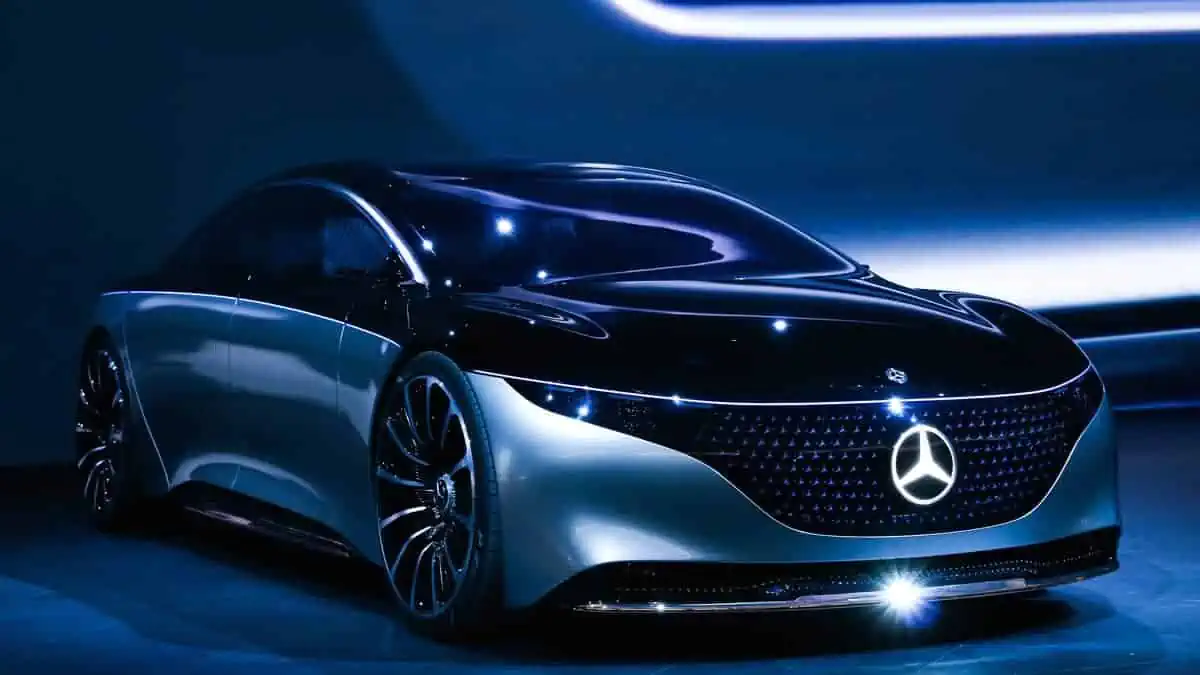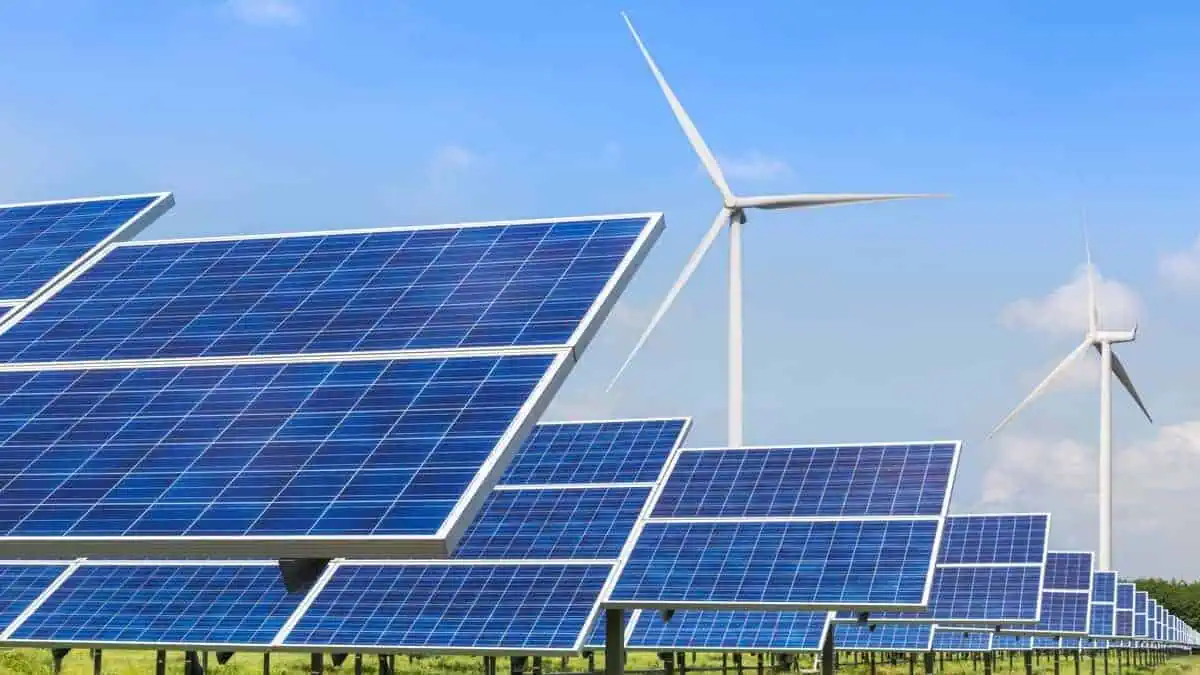Mercedes-Benz and Volkswagen have recently inked material agreements with Canada for the lithium supply in the batteries required for their electrified vehicles, according to CTV News.
Fortunately for Canada, a mine in northern Manitoba seems ready to become the country’s source of lithium that would supply North America.
Considering the effort of governments worldwide to combat climate change and achieve net-zero emission targets, lithium is now slowly being acknowledged. Phillip Gross, CEO and chairman of Snow Lake Lithium, stated that the world had changed its opinion about lithium, which means more business for him.
“Lithium was pretty much a very unloved commodity up until the past three or four years, it was hardly even mentioned at all,” said Gross.
He now claims that they cannot mine it fast enough as the demand for lithium is much bigger than the available supply.
“The demand for lithium far outstrips the actual supply that’s available in the world today,” he said. “And most lithium in the world today – at least 85 per cent of it – is controlled by China.”
The agreement with Volkswagen and Mercedes, according to Gross, will probably be the first of many as the world transitions to a fully electric vehicle (EV) and away from fossil fuels.
“It’s not just EVs. Ultimately, if this technology improves, it’s going to be aviation, it’s going to be marine, and it’s going to be energy storage.”
Nonetheless, Manitoba has the biggest potential for mining lithium, as claimed by Gross.
“We are blessed and fortunate to find ourselves in the province of Manitoba … powered by Manitoba Hydro, which gives us a 98 per cent renewable energy source,” he said.
With the help of Manitoba Hydro, Gross intends to run a fully electric mining operation, complete with on-site vehicles and equipment.
The Manitoba mine, according to him, has the capacity to produce up to 160,000 pounds of lithium annually, which is sufficient to power 500,000 EV batteries. He further highlighted that it is roughly the number of electric vehicles sold in Canada last year, but EV sales will be in the millions by 2025–2026.
“This is very, very much consumer-driven at the moment. This is a desirable item that people want to acquire … and that’s putting pressure on the system,” said Gross.
Aside from these, he believes that an environmentally sustainable mine is significant as consumers prefer such things nowadays.
“If you’re going to be in the supply chain that is manufacturing electric vehicles, we believe strongly that your philosophy has to be congruent with that, you need to be really cognizant of your carbon impact, because that’s something consumers are demanding today.”
In his opinion, Canada is well-positioned to grow into a significant lithium supplier and an EV manufacturing hub. He also shared his encounter with Prime Minister Justin Trudeau during the deal with Volkswagen and Mercedes signing.
“He was quick to respond to exactly this point – Canada has the opportunity now during this creative destruction that we’re going to see on the industry … to leverage it into an entire industry that is focused on Canada.”






